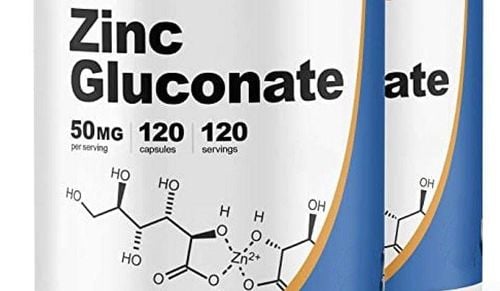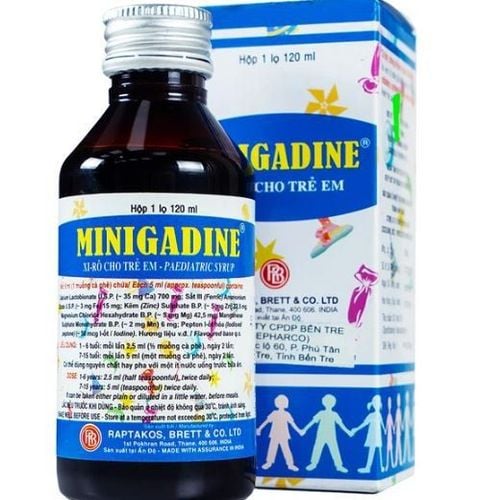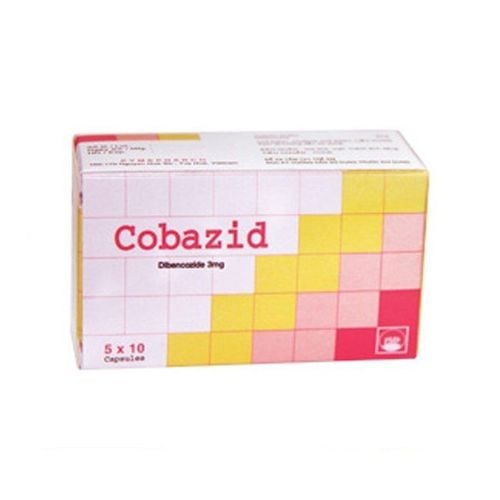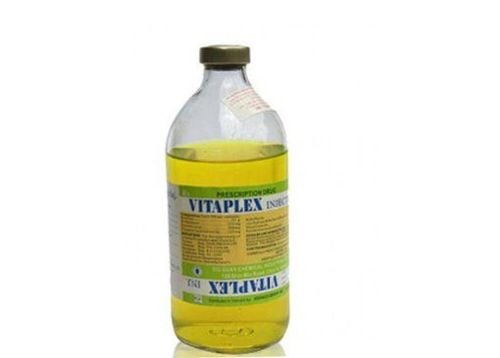This is an automatically translated article.
In the micronutrients, zinc has been shown to play an especially important role in the development of children in the first years of life and is especially necessary for children with anorexia, slow weight gain, and malnutrition. Zinc supplementation has been shown to increase appetite and increase food intake in children. When zinc deficiency will make children anorexia, susceptible to infections.Video content is professionally consulted by Master, Doctor Nguyen Nam Phong - Pediatrician - Pediatrics - Neonatology - Vinmec Phu Quoc International General Hospital
1. Expression of zinc deficiency in children
Typical signs that your child is at risk of zinc deficiency include:Slow growth in height, weight, mild and moderate malnutrition Children anorexia, anorexia, decreased appetite, decreased breast-feeding, no meat and fish Children with delayed digestion, mild constipation, persistent nausea and vomiting Children often have difficulty sleeping at night, waking up many times Children are susceptible to infections in the respiratory tract (rhinitis, recurrent bronchitis), gastrointestinal inflammation, dermatitis, acne burns, pustules, mucositis Children have slow healing wounds, are prone to allergies, brittle hair, brittle nails, weak nails. When children show signs of zinc deficiency, many parents wonder "should I give my child zinc?" or "how to supplement with zinc for babies?". In fact, if parents supplement zinc by themselves without adequate understanding, it can cause harm to the health of children. According to Master, Doctor Nguyen Nam Phong - Department of Pediatrics - Neonatology - Vinmec Phu Quoc International General Hospital, the daily requirement for zinc intake of children in each period is not the same. The need for zinc at each age as recommended by the World Health Organization is as follows:
Children 0-6 months old: 2mg/day Children 7-11 months old: 3mg/day Children 1-3 years old: 3mg/day Children 4-8 years old: 5mg/day Children 9-13 years old: 8mg/day Children 14 years old and older: For boys need 11mg/day, girls need 9mg/day.

2. Do not arbitrarily supplement zinc for children
It is very necessary to supplement zinc for children or zinc for infants, but arbitrarily supplementing with zinc can cause the following problems:Zinc can cause adverse effects, include: Nausea, vomiting, diarrhea Too much zinc daily intake can cause flu-like symptoms: Fever, headache, cough, fatigue Zinc inhibits copper absorption, so can lead to Deficiency of this substance over time Zinc reduces the effectiveness of some antibiotics if taken at the same time. Zinc can be supplemented for children through breast milk, zinc-fortified foods... The absorption rate of zinc from food is 33%, which occurs mainly in the small intestine. Zinc in plants is more difficult to absorb than zinc in animals. Not to mention the process of food processing can lead to loss of zinc in zinc-fortified foods. Therefore, experts still recommend that zinc can be supplemented through other alternative products (such as pills, or functional foods in the form of nuggets, oral capsules, ...) to ensure that the zinc content is sufficient to meet the needs. meet the needs of children.
On the market, zinc is used as a micronutrient, used to provide the body with 2 types of preparations: synthetic zinc and biological zinc. While synthetic zinc is produced industrially from chemical reactions in pharmaceutical factory labs, bioavailable zinc is derived entirely from nature. Accordingly, to produce biological zinc, scientists extract it from organic food sources, similar to how the body absorbs zinc from food. This helps to increase the absorption of zinc into the blood of biological zinc up to 3.7 times compared to synthetic zinc. From those reasons, the use of biological zinc for children is also safer.
For more nutritional knowledge and child care for each age, parents should regularly visit the website vimec.com and make an appointment with the leading doctors, pediatric and nutrition experts of the National General Hospital. Vinmec when needing advice on children's health.
Please dial HOTLINE for more information or register for an appointment HERE. Download MyVinmec app to make appointments faster and to manage your bookings easily.














